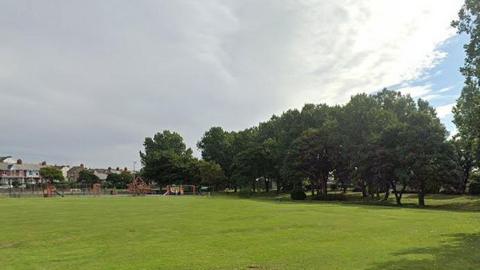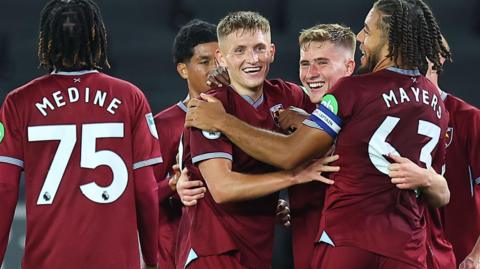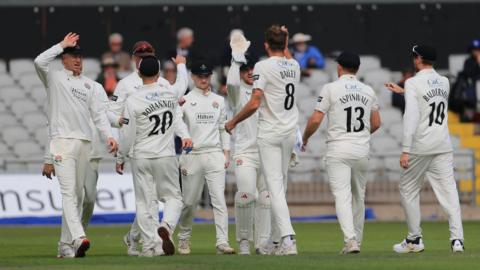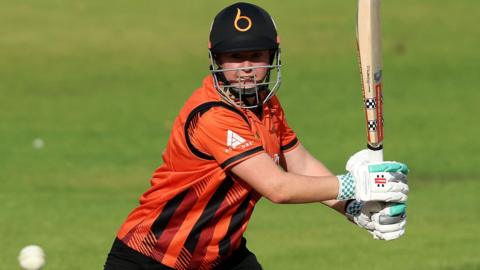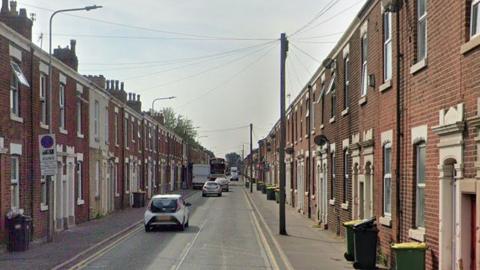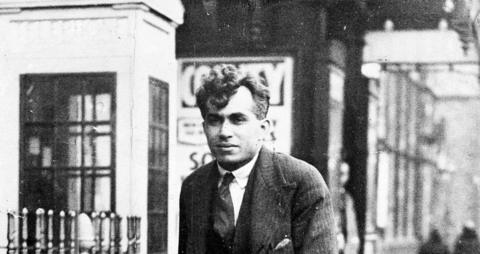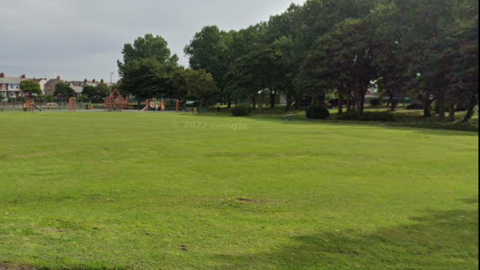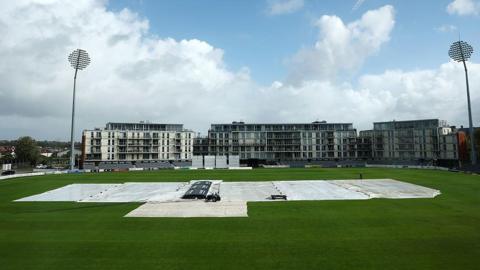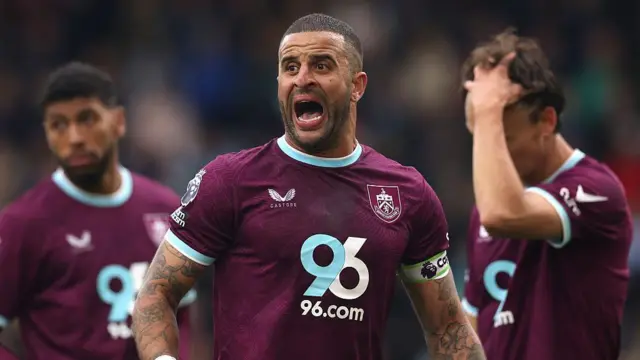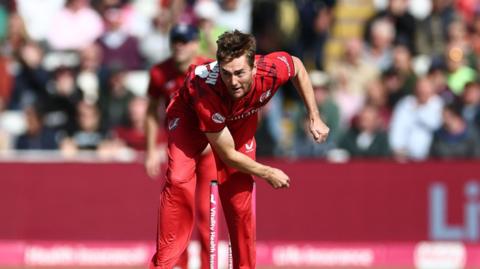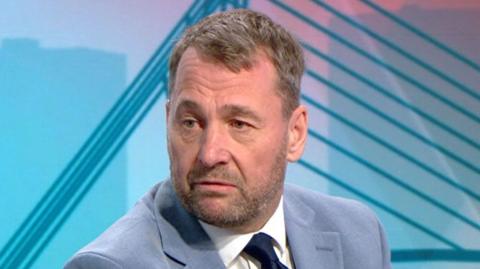'It's performances, not results, that will matter this season'published at 12:26 BST 16 September
Natalie Bromley
Fan writer

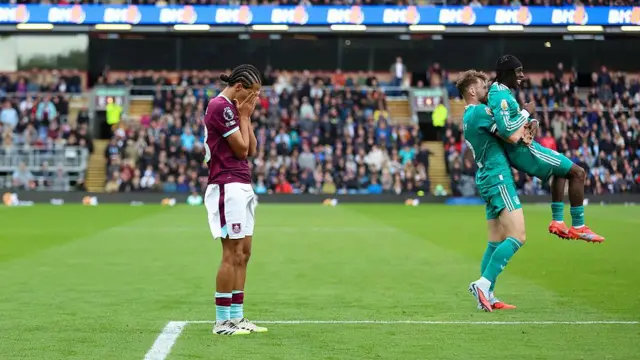 Image source, Getty Images
Image source, Getty ImagesA question I have asked myself numerous times over the years I have supported Burnley is: is grit enough?
Burnley's defenders played out of their skins against Liverpool on Sunday. Blocking every shot. Never once losing their formation. Not one of them lapsing in concentration. Scott Parker's tactics drilled into them with such precision that they hardly blinked.
And it worked. It worked so, so well. Liverpool could not find a way through. Burnley's determination and sublime defensive resilience looked nailed on to be rewarded with a very well-earned point, played out to the soundtrack of "Steeeeeeve" ringing through the Turf Moor crowd.
Then, an opportunity. Liverpool, on a desperate attack, spot a chance to kick the ball at the arms of Hannibal. Penalty in stoppage time. For the second time in as many weeks, Burnley are denied the point their performance truly deserved.
It is natural to think "what's the point", to consider going for it and at least trying to open up the pitch and attack.
But I think that would be a mistake. Play that way and the inevitable result is a 5-0 hammering and a dressing room lacking confidence and belief.
We saw it during Vincent Kompany's disastrous campaign two years ago. This team looks different, yet so very familiar: Scott Parker's warriors, served with just a pinch of the Sean Dyche era.
It is the performances, not the results, that will matter this season, and if the Clarets put in more performances like they did against Liverpool, they might just find themselves in that golden 17th spot.
Something special is brewing in east Lancashire...
Find more from Natalie Bromley at No Nay Never podcast, external


